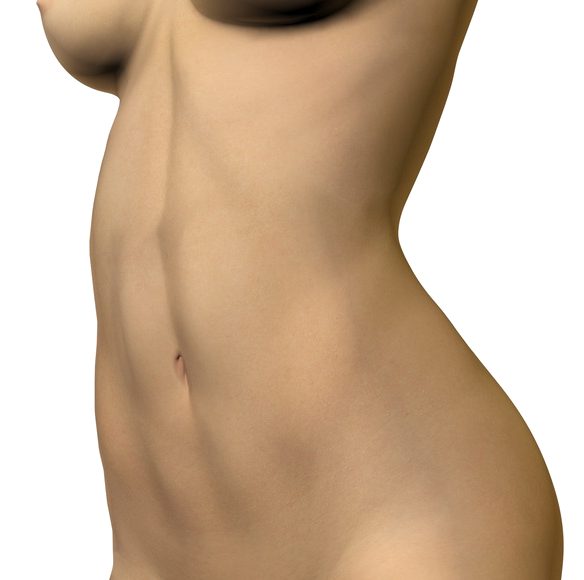WITH CONTOUR CLINIC DISCOVER THE PLASTIC SURGERY IN MONTREAL
BREAST SURGERY
The focus of the clinic is on Breast and Body Contouring for both women and men. Breast surgery includes breast implants, breast lifts-reductions , correction of gynecomastia and breast reconstruction ; body contouring involves liposuction, tummy tucks, arm, thigh, buttock and body lifts and scar revision. The clinic is under the direction of Dr. Stephen C. Nicolaidis, an Assistant Professor of Surgery at University of Montreal.
The clinic is located at 150 Ste-Catherine Street West (Complexe Desjardins) on the 4th floor of the Hyatt Tower. There is parking, both inside and around Complexe Desjardins.
During consultation, Dr. Nicolaidis starts by clarifying the patient’s desires and objectives. Following a physical examination of the patient, the different options are discussed, along with their advantages and disadvantages. Patients are shown pre- and post-operative photographs in order to give a better appreciation of the procedures. Patients are then given information regarding the surgery and are encouraged to return for a second visit (at no charge) after having read about and considered the various options. Whatever part of the body the patient wishes to improve, Dr. Nicolaidis will provide a frank and realistic evaluation. Moreover, Dr. Nicolaidis performs only tried and true techniques that have stood the test of time and get consistent, long-lasting results.
ESTHETIC SURGERY
We are all trying to look our best. With the emphasis that today’s society places on looks, exercise centers and beauty salons seem to be at almost every corner. The importance of healthy diet with good weight control, regular exercise, limited sun exposure and no smoking cannot be overstated. But sometimes no amount of exercise can take care of those “love handles” on the sides or that one bothersome part of the body. That is when Breast and Body Contouring come into consideration.
Body Contouring can address those areas of the body that do not improve with exercise and diet. However, a few important points must be made. First of all, patients must understand that Cosmetic Surgery has its limitations. Changes in body shape usually require incisions with their resulting scars, although we try to minimize and hide these scars. Secondly, all surgeries have an inherent risk of bleeding, infection and poor wound healing, even in the best of surgical hands. Thirdly, patients must have realistic expectations regarding surgery. The goal of Cosmetic Surgery is to improve appearance, not obtain perfection. And although such an improvement in appearance may increase one’s self-confidence, it will not necessarily lead to a change in one’s personal life.
INJECTIONS
“Injections of the face are now the most common intervention performed in Plastic Surgery.” Two of the most popular products for injection are Botox and fillers such as Juvederm.
Botox is injected into muscles of the face that cause wrinkling, relaxing these muscles and thereby decreasing wrinkles. Common treatment areas include the forehead, between the eyebrows, around the eyes and around the mouth. Effects are seen within 3-4 days and last 3-6 months.
So where does the patient start ? Included in this site are descriptions of each of the procedures Dr. Nicolaidis performs. Patients can also read about the surgical options on other internet sites or in books. For example, the Canadian Society of Plastic Surgery and the American Society of Plastic Surgeons have the most comprehensive websites. Most importantly, take the time to find a board-certified Plastic Surgeon who can answer questions and better inform about the advantages, limitations and risks of the various procedures in Cosmetic Surgery. Do not be fooled by flashy advertisements. And be careful to avoid the many “Cosmetic Surgeons” in Quebec who are not board-certified, have little to no formal training in Cosmetic Surgery or are not surgeons at all. In Quebec, any physician can perform any procedure, even if he/she does not have the appropriate training. It is only when a complication arises and a formal complaint is made that the regulatory board (College of Physicians of Quebec) can prevent the physician from continuing to perform procedures that he/she is not certified to do.









